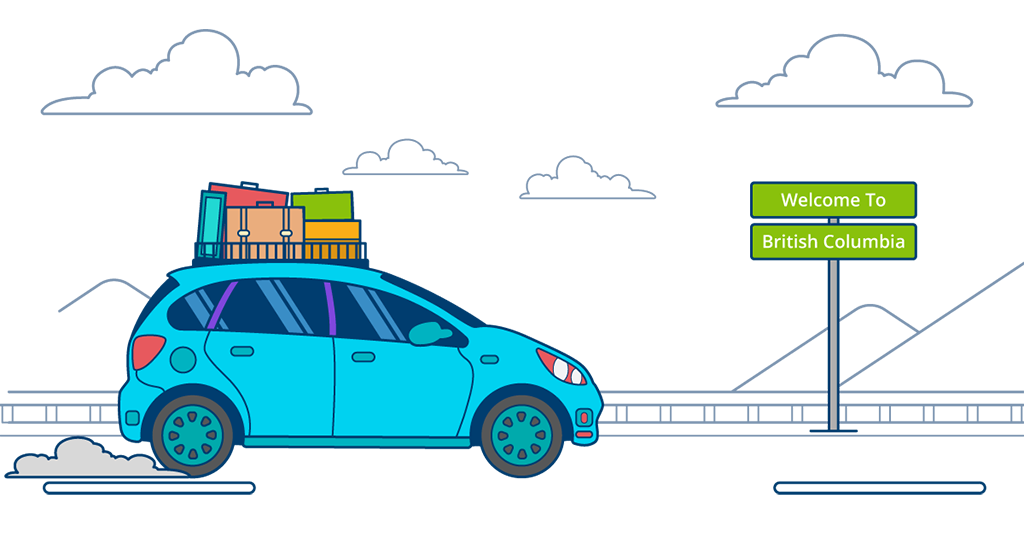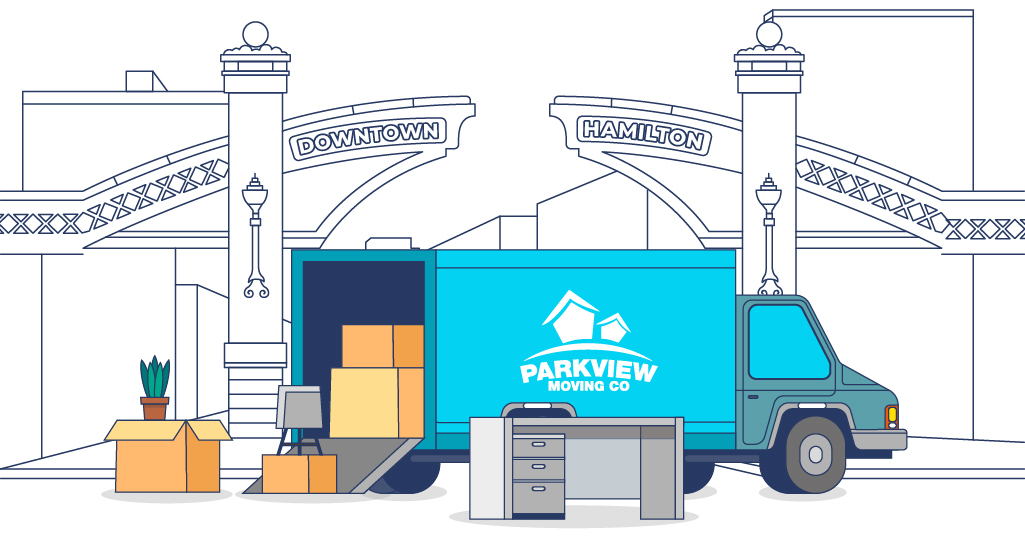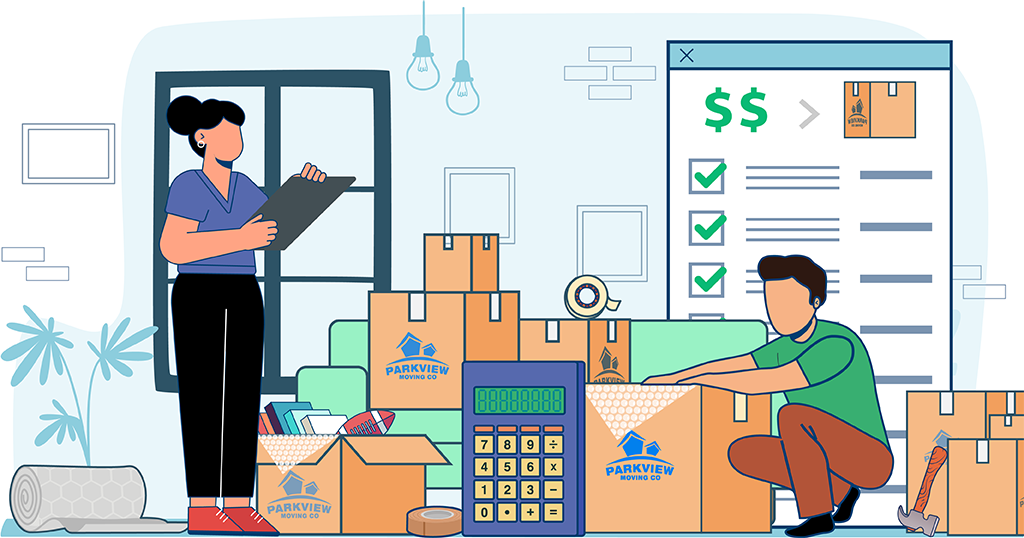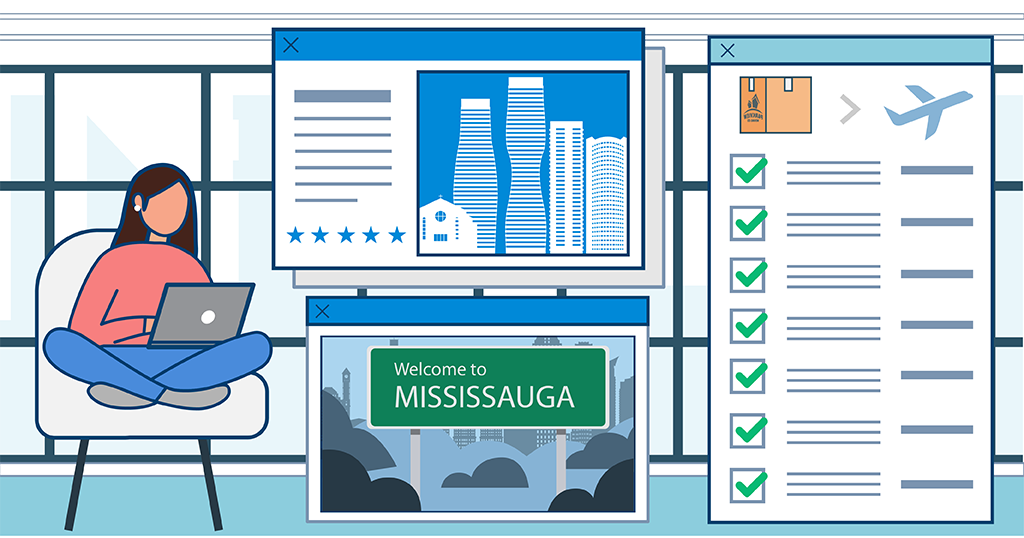
Moving provinces is an exciting journey that offers fresh opportunities but also requires lots of thought and planning. From understanding provincial regulations to adjusting to new climates, here’s everything you need to know to make your out of province move stress-free!
1. Research Provincial Differences When Moving Provinces: Healthcare and Education
Each province in Canada manages its own healthcare and education systems, so you’ll want to understand what’s available in your new location. For example:
- Healthcare: Many provinces have their own healthcare insurance plans, and wait times or coverage may differ. Apply for a health card as soon as you arrive, but be aware there might be a waiting period before coverage kicks in. It’s smart to maintain your previous healthcare plan during this transition.
- Education: If you have children, look into the school options available, as curriculum and educational standards vary. Some provinces may also have different language requirements or specialized programs.
2. Understand Employment Regulations and Opportunities When Moving Provinces
Labour laws vary from province to province so you’ll want to plan accordingly. From minimum wage requirements to varying job markets, here’s some things to keep in mind:
- Employment Standards: Familiarize yourself with differences in vacation policies, statutory holidays, and any provincial-specific labor laws to avoid surprises.
- Professional Licensing: If your profession requires certification, check to see if your credentials are recognized in your new province or if you’ll need to re-certify.
3. Adjust Your Budget When Moving Provinces: Cost of Living Variations
Especially in today’s economy, the cost of living can vary significantly from province to province. Housing, transportation, and grocery prices can differ so adjust your budget accordingly!
- Housing Costs: Research rent or mortgage rates in your new city. Real estate prices can vary widely, with cities like Vancouver and Toronto being among the priciest in Canada.
- Transportation: Public transportation may be more efficient in some provinces than in others, which could reduce your need for a car. Be aware of registration fees and insurance rates, which also differ by province.
- Tax Differences: Provinces have different income tax rates, sales tax rates (PST or HST), and property taxes. For instance, Alberta has no provincial sales tax, while Quebec has both GST and QST. These variations can impact your overall cost of living.
4. Plan for Weather and Climate Changes When Moving Provinces
Canadians know that weather changes day-to-day in Canada, and moving provinces could mean a significant change in weather depending on your destination. Moving from mild British Columbia to snowy Manitoba, for example, will require an adjustment! Here are a few tips:
- Home Preparation: If you’re purchasing a home, ensure it’s equipped for local weather conditions, such as snow-ready features for colder regions or air conditioning for warmer areas.
- Lifestyle Adjustments: Different climates affect lifestyle and recreational options. Be ready to adapt to seasonal activities and transportation changes, especially if snow, rain, or humidity will play a significant role.
5. Learn About Driver’s License and Vehicle Registration Requirements When Moving Provinces
Each province has its own rules for licensing and vehicle registration, so be sure to update these after you move. Here’s what to keep in mind:
- License Exchange: Most provinces allow a grace period to exchange your driver’s license, but it’s best to get it done early to avoid fines.
- Vehicle Registration: Register your vehicle in your new province and check for emissions testing or other requirements. Some provinces, like Ontario, require emissions testing for certain vehicles, while others do not.
- Insurance Rates: Auto insurance rates vary by province. In provinces with public auto insurance (e.g., British Columbia and Saskatchewan), you’ll need to register with the provincial insurer. In other provinces, you may be able to shop for private insurance, so compare rates.
6. Arrange for Mail Forwarding and Utility Transfers When Moving Provinces
Moving provinces often means changing utility providers and updating your address for all important documents. Here are a few tasks to remember:
- Mail Forwarding: Set up mail forwarding with Canada Post to avoid missing bills or important documents.
- Utilities: Contact your utility providers to arrange for disconnection at your current residence and set up service at your new address. This includes electricity, water, internet, and waste collection.
- Banking and Financial Accounts: Notify your bank, credit card companies, and any other financial institutions of your new address to avoid issues with billing or correspondence.
7. Know Your Rights as a Tenant or Homebuyer
If you’re renting or buying property, understand your rights and responsibilities as a tenant or homeowner in your new province. Here’s what to look out for:
- Tenant Rights: Tenancy laws, such as rent increase limits and eviction processes, differ across provinces. Review these rules to understand your rights.
- Homebuyer Requirements: If you’re buying, note that real estate regulations can differ. Some provinces have a land transfer tax, while others may have unique conditions for home inspections, insurance, or mortgage rules.
8. Adjust to New Healthcare Systems and Register Your Family
If you’re moving with family, remember to update all healthcare-related items for each member. Here are some important tasks:
- Register for Healthcare: Apply for provincial health cards for each family member as soon as you arrive. This is especially important if you have children or require regular medical care.
- Find New Healthcare Providers: Research nearby hospitals, clinics, and family doctors in advance. Some provinces have a shortage of general practitioners, so it may take time to find a primary care doctor.
- Emergency Services: Familiarize yourself with local emergency numbers and services, as they may differ from what you’re used to.
Moving provinces is an exciting chapter, but it also requires careful planning to ensure a smooth transition. By doing your research and understanding key aspects like healthcare, cost of living, job markets, and climate differences, you’ll be well equipped for this big transition! Embrace the unique challenges your new province offers and look forward to a fresh start in your new home!






